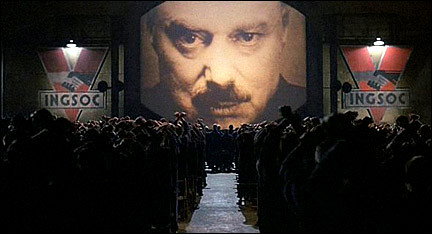
The government's trying to adopt a universal media ratings system. Jordan from over at GameStooge wonders if that's such a good idea.

Bloomberg is reporting that the FCC is considering a unified ratings system that would cover games as well as television and mobile phones. For those who aren’t aware, the FCC is the American government agency which sets guidelines for broadcast media, primarily television and radio. So your ABC, NBC, CBS, FOX etc. fall under FCC mandate, but cable channels such as USA, TNT, HBO do not.
Since video games aren’t being broadcast, it’s unclear as to how the FCC feels they can set guidelines for gaming. You could make a case for mobile gaming, since cell phones already fall under the FCC domain, but disc-based media? The Entertainment Software Alliance (ESA), which includes some heavy hitting companies like Microsoft, filed a complaint with the FCC stating “the Commission lacks the jurisdiction to regulate video games, video game controls, or video game devices and rating systems.”
You can read the complaint here.
The other major flaw I can see is that this “universal” ratings program doesn’t include films and DVDs. If the FCC can’t claim to control those ratings then they have no business attempting to rate games.
That being said, a truly universal rating system would be an excellent idea, but because the anti-gaming crowd doesn’t want you to know that there is not one single M-rated game that operates at the same level as the R-rated films like Saw or Hostel, it will never happen. There are also issues with “who decides the ratings?” There’s an excellent (unrated, naturally) documentary called This Film is Not Yet Rated that exposes the politics and flaws behind the MPAA ratings system. A scene involving two topless heterosexuals in bed merits and R rating, but the same scene with like-gendered actors merits an NC-17.
In the end I think the only way we’ll get a universal rating system is to open it up to the public, a Ratings-Wiki if you will, where individual demographic groups can decide for themselves the quality and appropriateness of different media. That way someone living in, say, Topeka, Kan., can see how their neighbors feel as opposed to those living in Westchester, NY, and agencies like the MPAA, ESRB and FCC are removed from the process completely.

